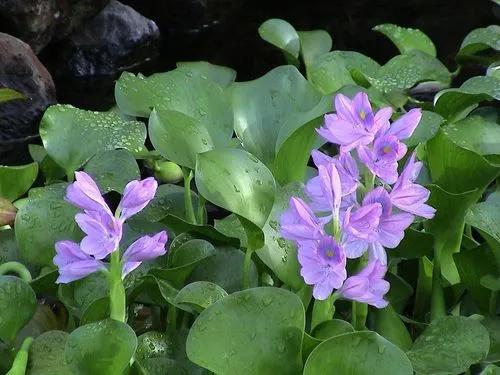The common name selfheal or heal-all is due to the ubiquity of this herb in traditional medicine around the world. The Algonquin of Quebec used it as a fever reducer. New England has one native and one non-native variety. Anthropogenic (man-made or disturbed habitats), meadows and fields, shores of rivers or lakes.
Common Self-Heal Care
Prunella vulgaris



Prunella vulgaris (known as common self-heal, heal-all, woundwort, heart-of-the-earth, carpenter's herb, brownwort and blue curls) is a herbaceous plant in the genus Prunella.
Self-heal is edible: the young leaves and stems can be eaten raw in salads; the plant in whole can be boiled and eaten as a potherb; and the aerial parts of the plant can be powdered and brewed in a cold infusion to make a beverage.
Prunella vulgaris is edible, and can be used in salads, soups, stews, and boiled as a pot herb. The Nlaka'pamux drank a cold infusion of the whole plant as a common beverage.
The plant has been used by aboriginal cultures to treat various physical ailments.
Prunella vulgaris grows 5 to 30 cm high (2-12inches), with creeping, self-rooting, tough, square, reddish stems branching at leaf axis.
This plant is useful.
How to get rid of:
Killing Self Heal with a selective weedkiller is another option if you only have a few plants. The chances of eliminating it the first time are much higher because the herbicide kills the plant at the root.
How to Care for the Plant

Popularity

916 people already have this plant 271 people have added this plant to their wishlists
Discover more plants with the list below
Popular articles






